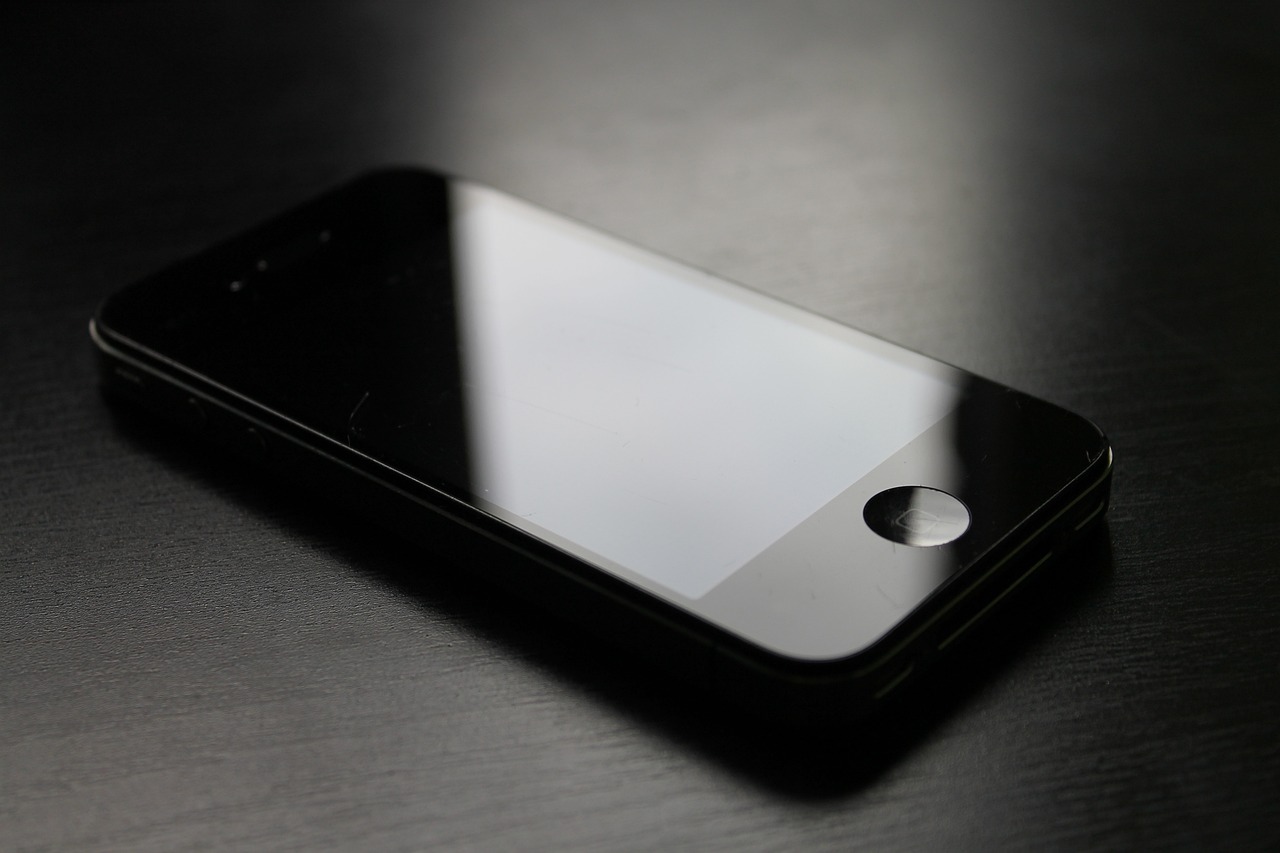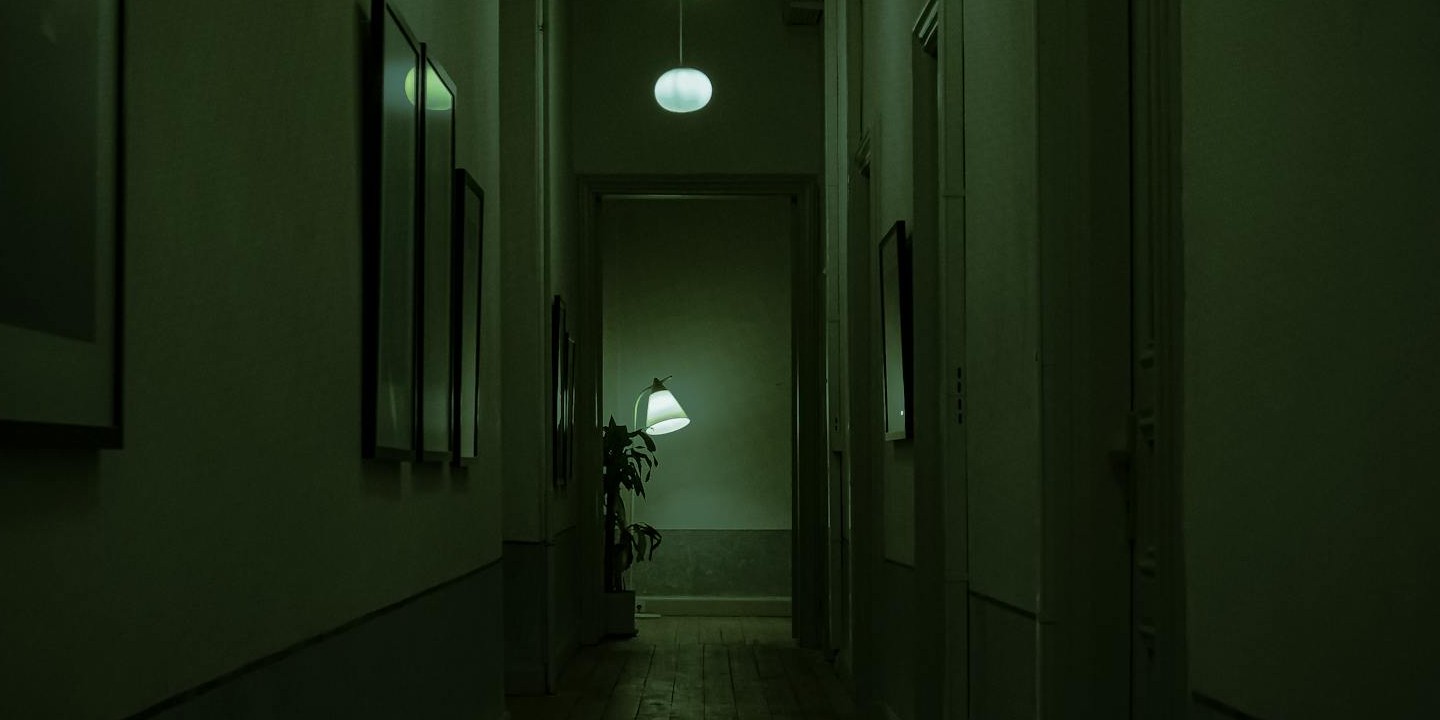Getting a good night's sleep is crucial for both our physical and mental well-being. Yet, many of us toss and turn at night, struggling to drift off into dreamland. Here we explore ten common culprits that might be robbing you of your much-needed rest.
1. Caffeine Late in the Day
Caffeine is a stimulant, and having it late in the day can significantly affect your ability to fall asleep. Even if you think that an evening cup of coffee doesn't affect you, caffeine can remain in your system for up to 8 hours. It's not just coffee either; tea, soda, and chocolate are also common sources. Try cutting off all caffeine at least six hours before bedtime and see if your sleep improves.
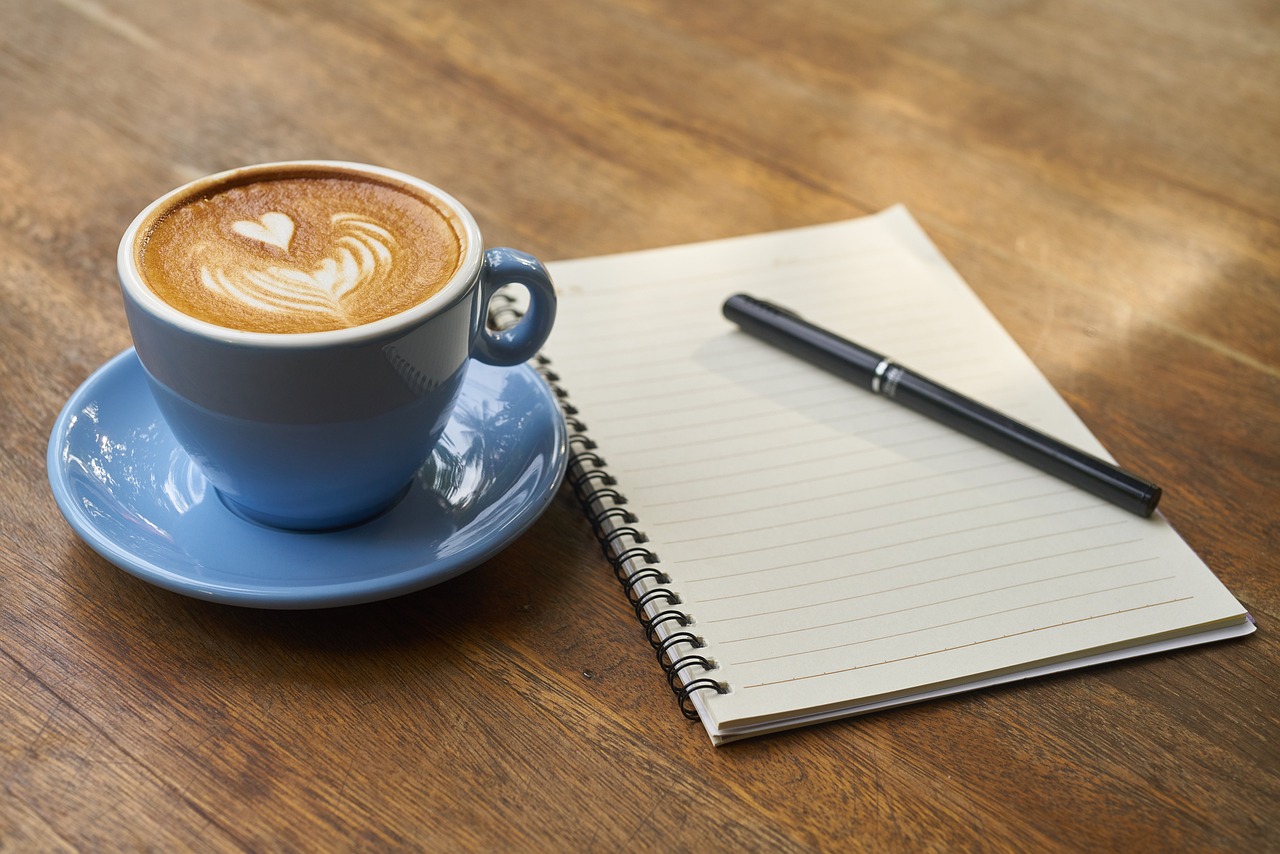 Image by Engin Akyurt from Pixabay
Image by Engin Akyurt from Pixabay
2. Blue Light Exposure
Our gadgets – smartphones, tablets, and computers – emit blue light, which can trick our brains into thinking it's still daytime. This exposure disrupts our body's natural circadian rhythms, making it harder to fall asleep. Try limiting screen time an hour before bed or use a blue light filter to minimize exposure.
3. Irregular Sleep Schedule
Sticking to a consistent sleep schedule helps regulate your body's internal clock. When you go to bed and wake up at different times each day, it can throw off your circadian rhythm, making it harder to fall asleep and wake up. Try to keep your bedtime and wake-up times consistent, even on weekends. Your body will thank you with more restful sleep.
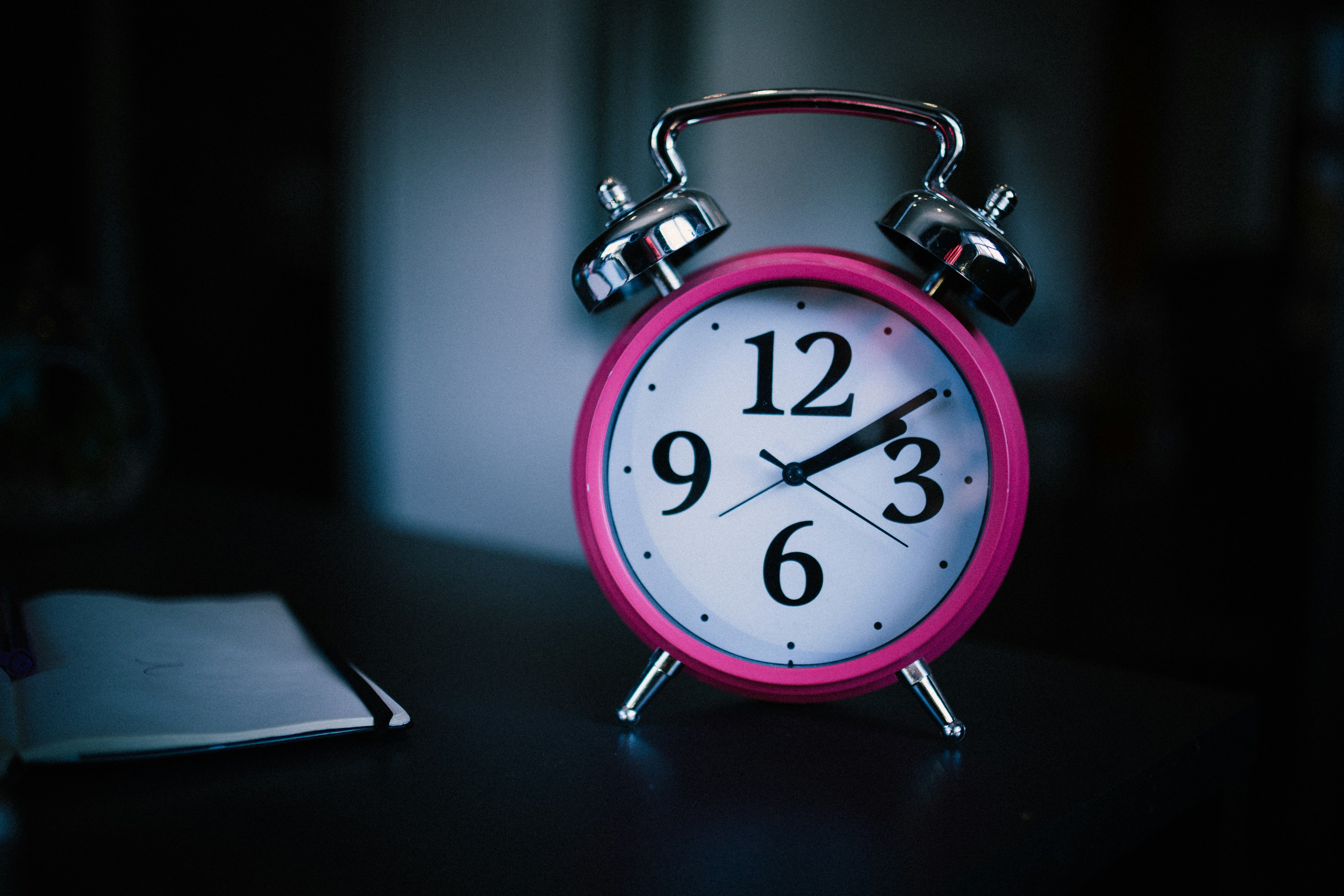 Photo by Mpho Mojapelo on Unsplash
Photo by Mpho Mojapelo on Unsplash
4. Stress and Anxiety
Lying in bed worrying about your to-do list or fretting over tomorrow's challenges can keep you wide awake. Stress and anxiety activate your body's fight or flight response, which is not conducive to sleeping. Develop a pre-bedtime routine that promotes relaxation, such as reading, meditating, or taking a warm bath. This can help ease your mind and prepare your body for sleep.
 Photo by Elisa Ventur on Unsplash
Photo by Elisa Ventur on Unsplash
5. Poor Sleep Environment
Your bedroom environment plays a crucial role in how well you sleep. Noise, light, and temperature can all disrupt sleep. Make sure your bedroom is quiet, dark, and cool. Consider using earplugs, blackout curtains, or a white noise machine to create an ideal sleeping environment.
 Photo by mark champs on Unsplash
Photo by mark champs on Unsplash
6. Eating Too Late
Eating a large meal right before bed can lead to discomfort and indigestion, making it difficult to fall asleep. Your body needs time to digest before you lie down. Try to finish eating at least two to three hours before bedtime. If you're hungry later, opt for a light, easily digestible snack.
 Image by LEEROY Agency from Pixabay
Image by LEEROY Agency from Pixabay
7. Alcohol Before Bed
While a nightcap might make you feel sleepy, alcohol actually disrupts your sleep cycle. It can lead to fragmented sleep and prevent you from reaching the deeper stages of sleep. This means you're more likely to wake up feeling unrefreshed. Skip the alcohol close to bedtime for better quality sleep.
 Image by congerdesign from Pixabay
Image by congerdesign from Pixabay
8. Overthinking
Do you find yourself lying in bed replaying the day's events or planning for tomorrow? Overthinking can stimulate your brain and make it difficult to fall asleep. Try writing down your thoughts in a journal before bed to clear your mind. Establishing a routine that signals to your body it's time to wind down can also help.
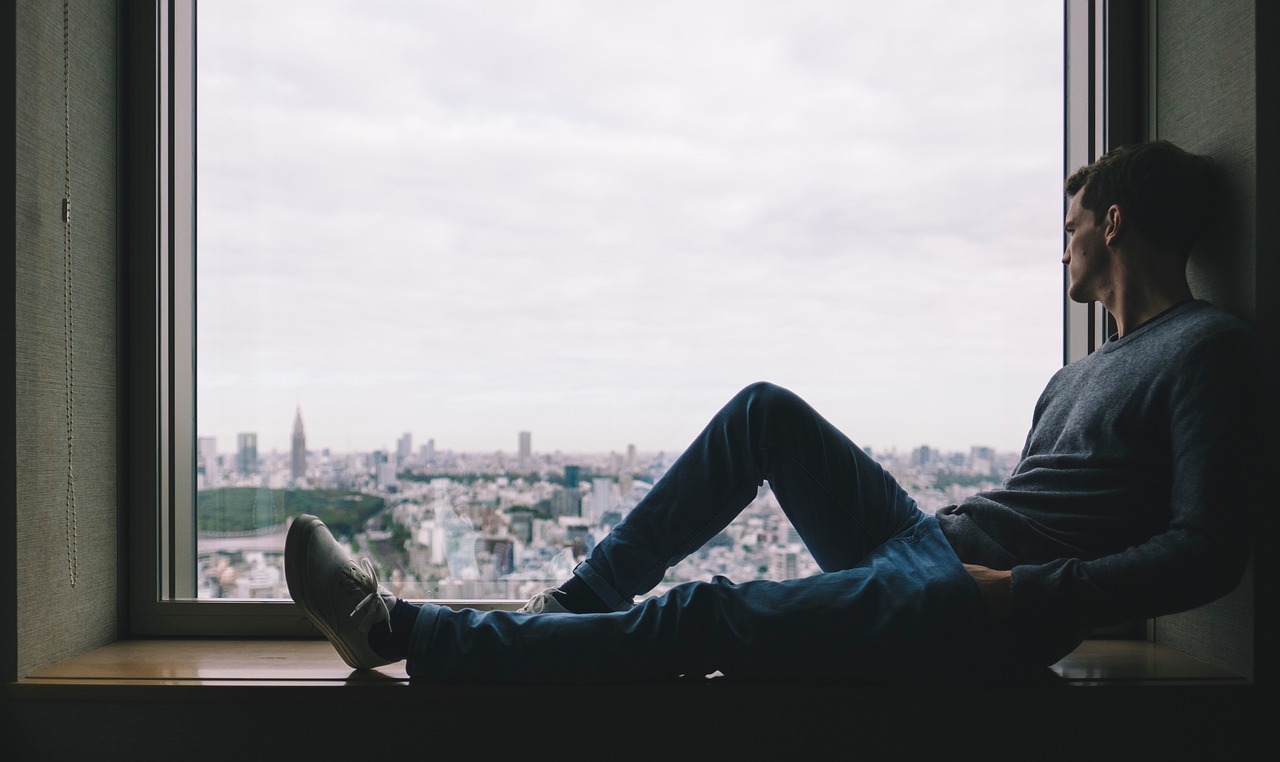 Image by StockSnap from Pixabay
Image by StockSnap from Pixabay
9. Lack of Physical Activity
Regular physical activity can help you fall asleep faster and enjoy deeper sleep. However, timing is key. Exercising too close to bedtime can energize you and make it hard to fall asleep. Aim to complete any vigorous exercise at least a few hours before bed.
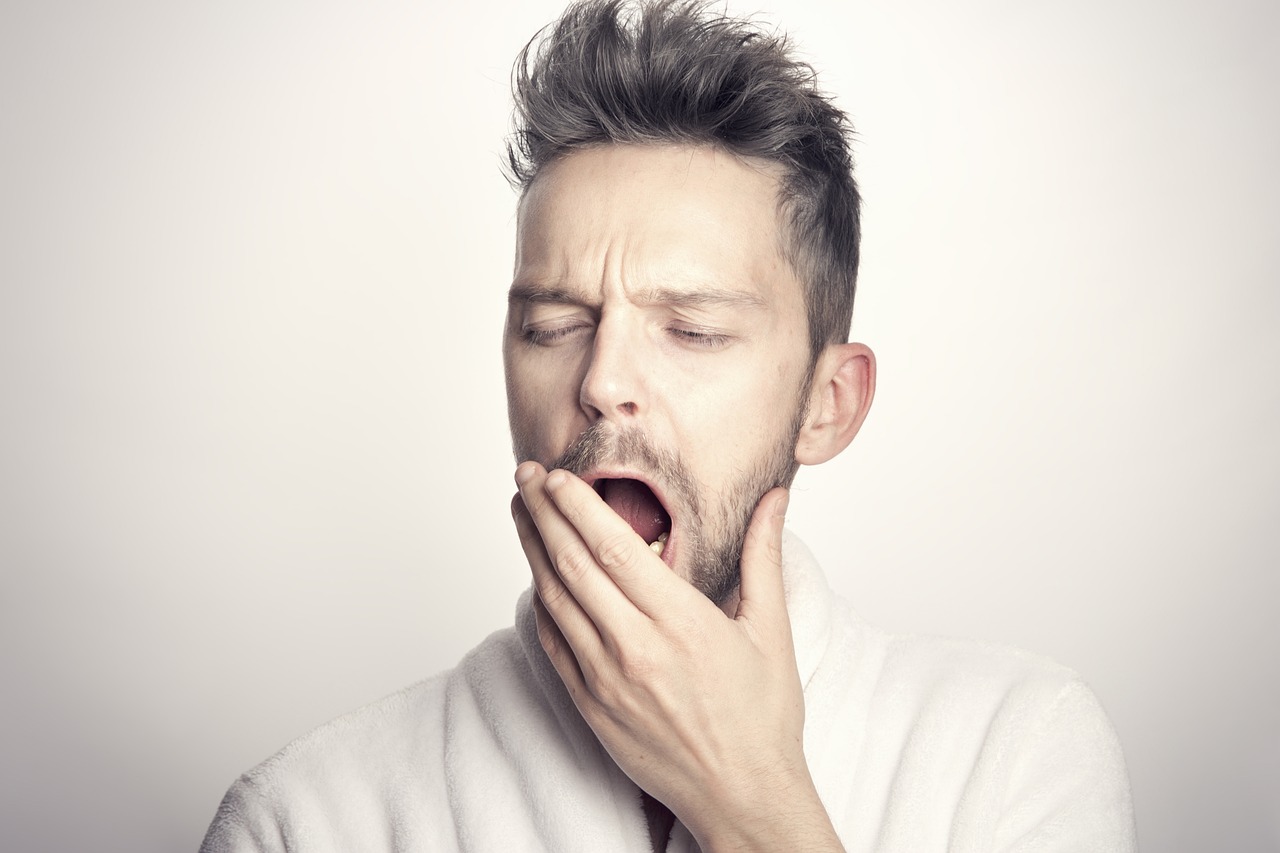 Image by Sammy-Sander from Pixabay
Image by Sammy-Sander from Pixabay
10. Long Naps
While short power naps can be rejuvenating, long or late-in-the-day naps can interfere with your nighttime sleep. If you find yourself needing a nap, try to limit it to 20-30 minutes and avoid napping late in the day. This can ensure that your nighttime sleep isn't compromised.
 Image by hoahoa111 from Pixabay
Image by hoahoa111 from Pixabay
Whether it's the stress of daily life or our habits that keep us awake, finding ways to drift off into a peaceful slumber can sometimes feel like a battle. Thankfully, there are several sleep aids and strategies that can help improve your sleep quality.
1. Melatonin Supplements
Melatonin is a hormone your body naturally produces in response to darkness, helping regulate your sleep-wake cycle. Taking a melatonin supplement can be especially helpful for those dealing with jet lag or irregular sleep patterns. It signals to your body that it's time to sleep, promoting a more natural sleep rhythm.
 Image by Steve Buissinne from Pixabay
Image by Steve Buissinne from Pixabay
2. Weighted Blankets
Weighted blankets have gained popularity for their ability to provide a gentle, comforting pressure, similar to a hug. This pressure helps reduce anxiety and stimulates the production of mood-boosting hormones, making it easier to fall asleep. Many users report feeling more secure and sleeping more soundly throughout the night.
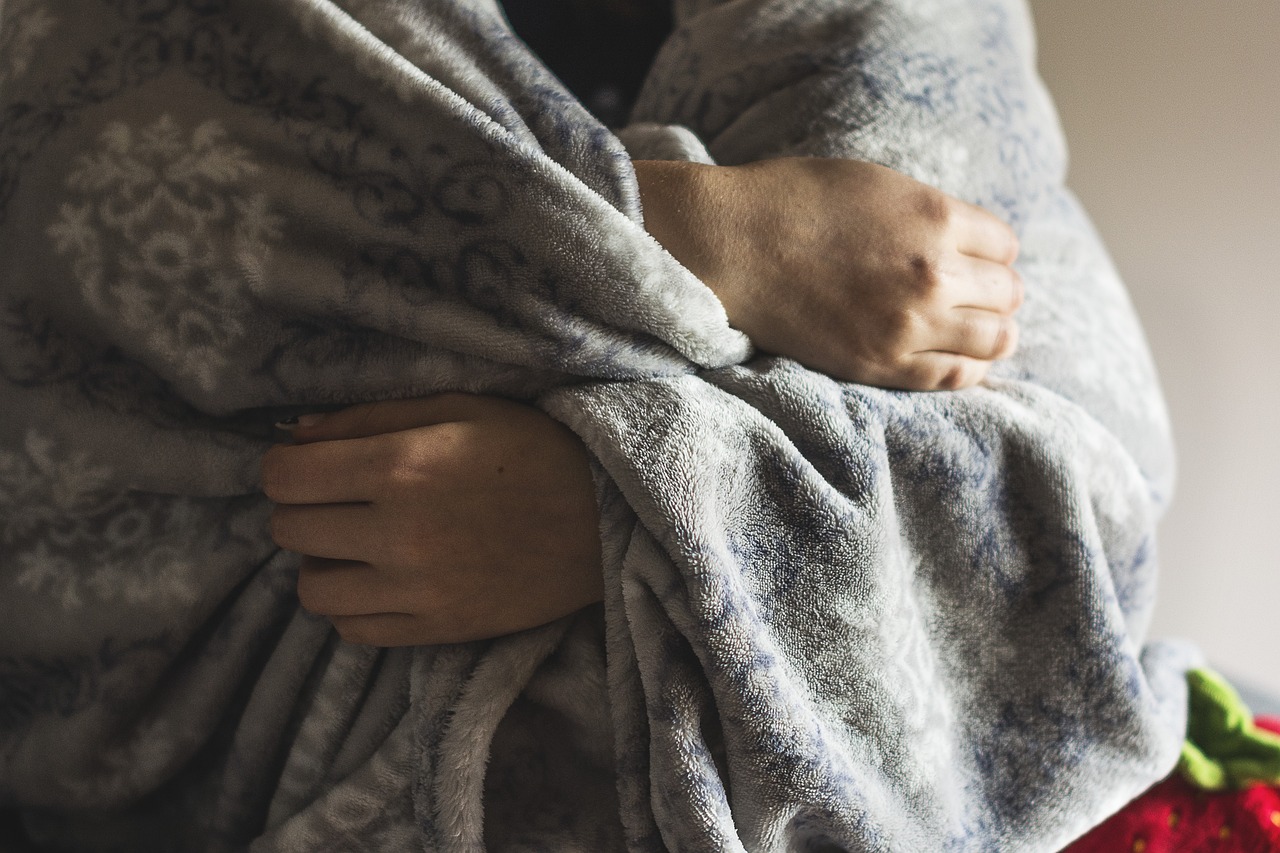 Image by Katrina_S from Pixabay
Image by Katrina_S from Pixabay
3. White Noise Machines
For those who are easily disturbed by sudden or continuous noise, white noise machines can be a game-changer. They produce a soothing, consistent sound that masks background noises, such as traffic or a partner's snoring. This can create a more relaxing environment conducive to sleep. Whether it's the sound of rain, ocean waves, or static, find what works best for you.
 Image by WikimediaImages from Pixabay
Image by WikimediaImages from Pixabay
4. Aromatherapy
Scents like lavender and chamomile have been used for centuries to induce relaxation and improve sleep quality. Aromatherapy can be practiced through essential oil diffusers, pillow sprays, or even scented candles (just be sure to blow them out before falling asleep!). These scents can lower heart rate and blood pressure, preparing your body for sleep.
5. Sleep-Inducing Teas
Herbal teas such as chamomile, valerian root, and lavender are known for their natural sedative properties. Drinking a warm cup of herbal tea before bed can help calm your mind and ease you into sleep. It's a comforting ritual that signals to your body it's time to wind down.
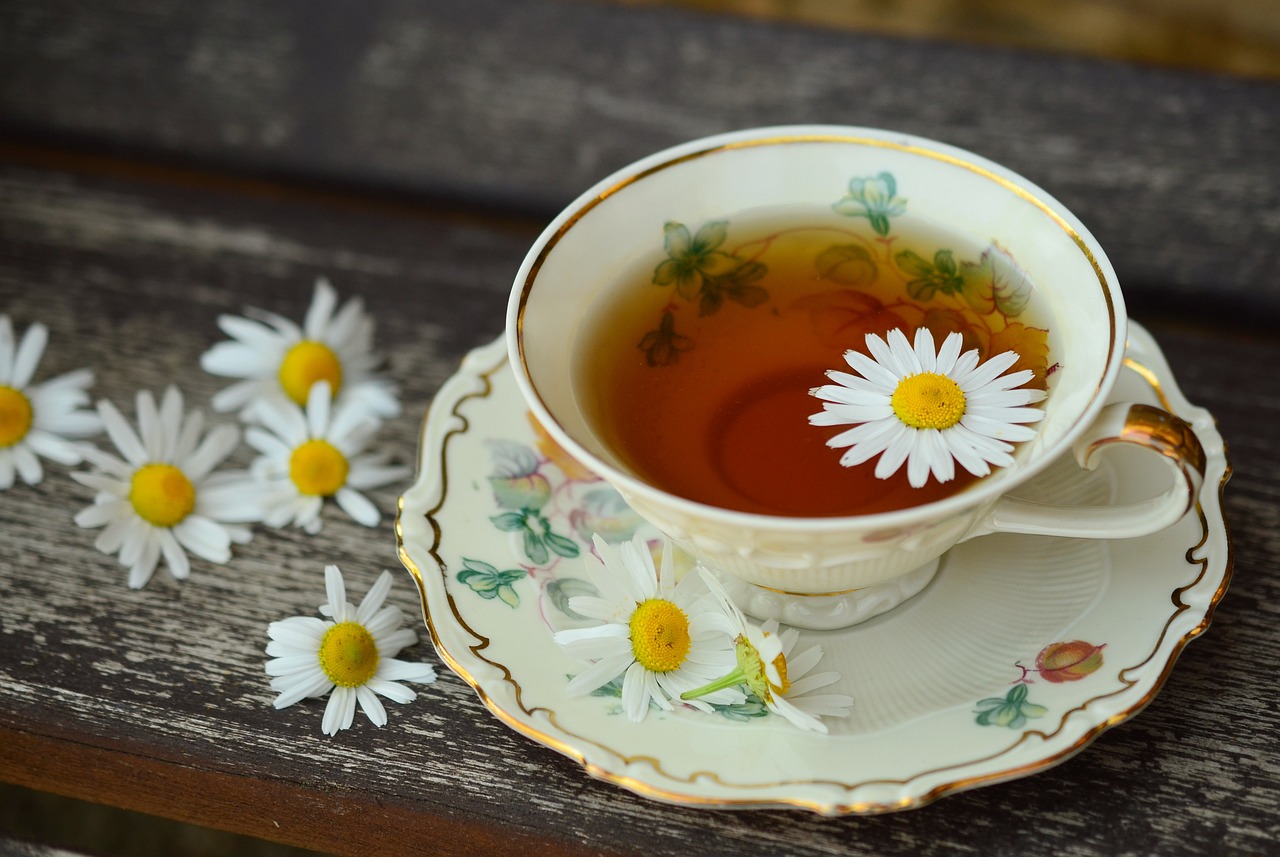 Image by congerdesign from Pixabay
Image by congerdesign from Pixabay
6. Meditation and Mindfulness Apps
Meditation and mindfulness can significantly improve sleep by reducing stress and anxiety. Many apps offer guided meditations, sleep stories, and breathing exercises designed to prepare your mind for sleep. Regular use can help you develop a more restful bedtime routine and improve overall sleep quality.
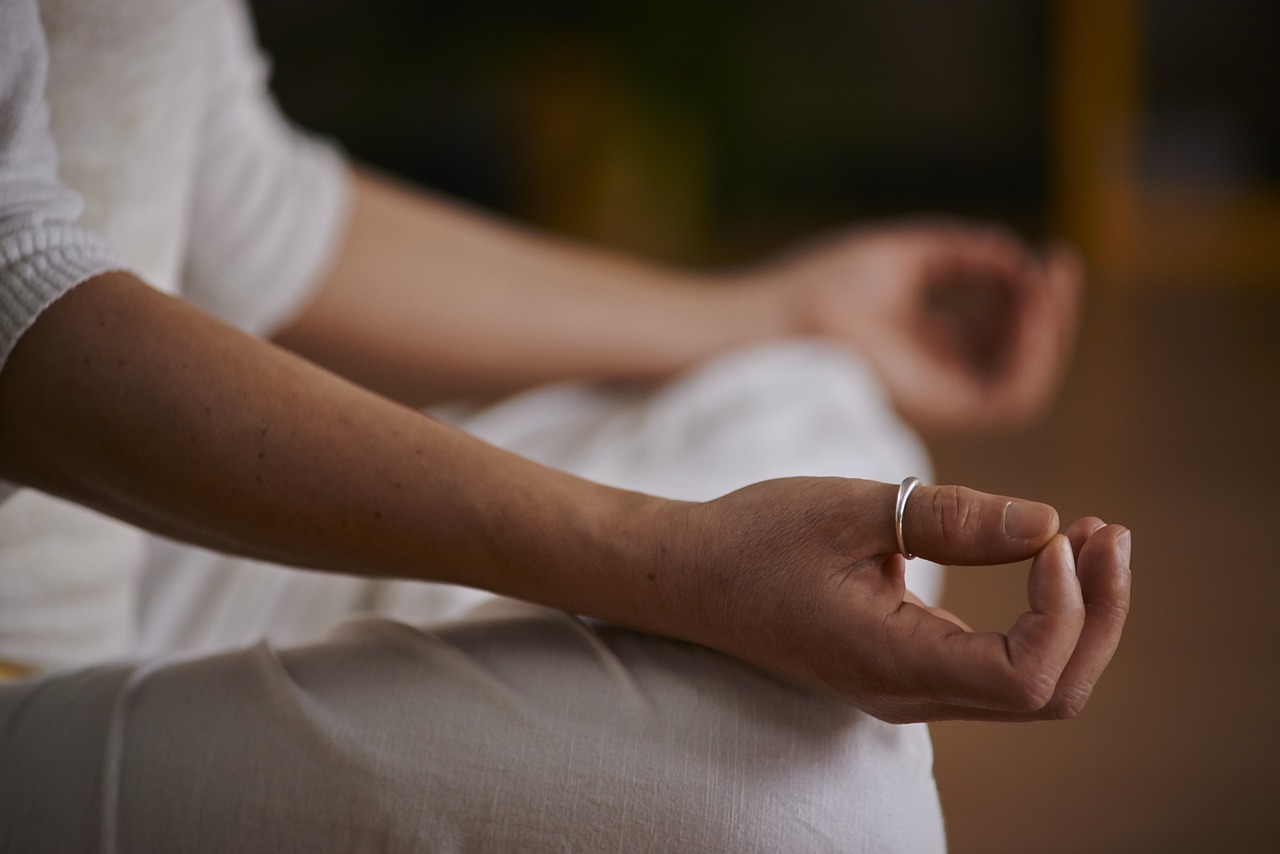 Image by EnergieDeVie from Pixabay
Image by EnergieDeVie from Pixabay
7. Blackout Curtains
Light exposure at night can interfere with your body's melatonin production. Blackout curtains block out external light sources, such as streetlights or early morning sunlight, creating a dark, cave-like environment that's perfect for sleeping. They're especially useful for night shift workers or those living in urban areas with lots of night-time light pollution.
 Image by StockSnap from Pixabay
Image by StockSnap from Pixabay
8. Adjustable Beds and Pillows
Your sleeping position can greatly affect your sleep quality and health. Adjustable beds and ergonomic pillows can help maintain proper alignment of your spine, reducing discomfort and the likelihood of waking up during the night. Finding the right mattress and pillow for your preferred sleeping position can make a significant difference.
 Image by Małgorzata Smożewska from Pixabay
Image by Małgorzata Smożewska from Pixabay
9. Limiting Screen Time
While not a physical aid, limiting exposure to screens before bed can have a profound impact on your sleep quality. The blue light emitted by screens inhibits melatonin production. Making a conscious effort to put away electronic devices at least an hour before bed can help your body prepare for sleep naturally.
 Image by Monoar Rahman Rony from Pixabay
Image by Monoar Rahman Rony from Pixabay
10. Regular Exercise
Regular physical activity can significantly improve the quality and duration of your sleep. Exercise helps reduce stress and tires you out, making it easier to fall asleep. However, it's important to avoid vigorous exercise close to bedtime, as it can energize you and make it harder to wind down.
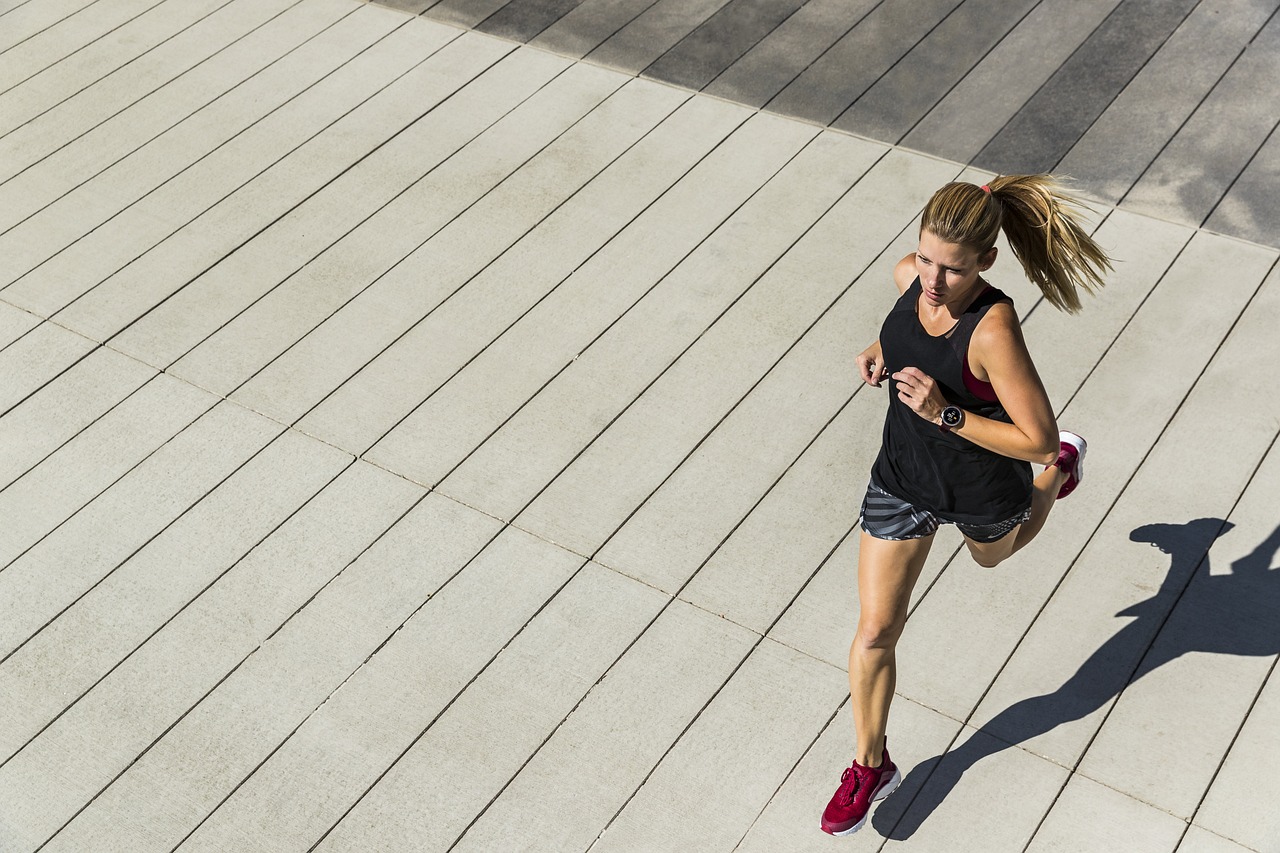 Image by roxanawilliams1920 from Pixabay
Image by roxanawilliams1920 from Pixabay


